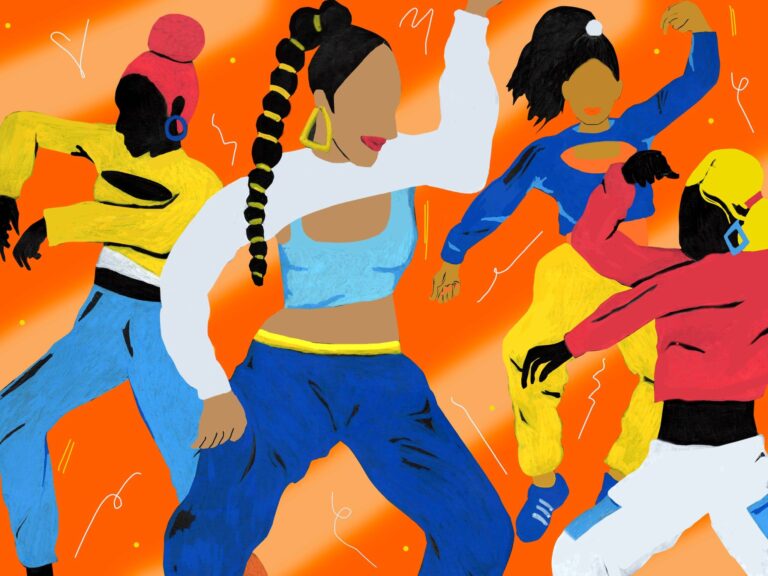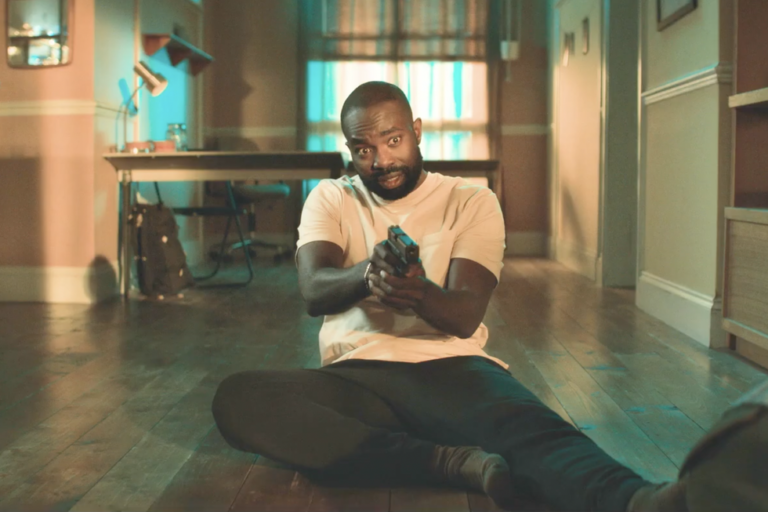The Nigerian music sensation, Burna Boy, has been making waves in the news lately due to a combination of factors – his latest album release, his recent controversial comments on interviews, and the interplay between the two.
Just before unveiling his fifth studio album, “I TOLD THEM,” Burna Boy engaged in an interview with internationally acclaimed media personality Zane Lowe. In this interview, Burna Boy expressed his frustration with his Nigerian audience, subtly suggesting that he was better recognized and understood by his international fans. He asserted that his Nigerian counterparts lacked genuine life experiences that they could understand, even going so far as to state that “Nigerian music or Afrobeats,” as it is often referred to, largely lack substance and depth.

Burna Boy’s remarks during the Zane Lowe interview did not sit well with his fellow Nigerians and other music enthusiasts. Before they could fully process his condescending stance towards Nigerian music, his new album dropped. The album seemed to teeter on the edge of questioning those who doubted his potential to become the global artist he is today. It offered a diverse range of impressive tracks, including Afrobeats sounds and collaborations with international black superstars. However, amidst the brilliance, there was an undercurrent of disdain and contempt that Burna Boy himself seemed to acknowledge.
Critics chimed in with their opinions as well. The New York Times Magazine review described Burna Boy as creatively exhausted, while Rolling Stone’s review highlighted his lack of self-awareness as hindering the musical success of his fifth album, “I TOLD THEM.”
Burna Boy had previously been celebrated for his pan-Africanism, evident in his album “African Giant” and the narrative surrounding its release. He had mastered the art of generating media attention around the period of album release to keep his story circulating, effectively promoting his albums. This year’s approach, however, saw Burna Boy direct this attention toward Afrobeats and its artists, potentially as a publicity strategy.
Amidst his commentary that “Afrobeats has no real substance” and that it merely provides a good time, Burna Boy emphasized that music should be issue-driven, suggesting that an artist’s essence should be reflected in their music. The question arises whether artistic freedom of expression should now be confined to aligning with Burna Boy’s personal taste.
It’s essential to acknowledge that Burna Boy himself greatly benefited from Afrobeats since as early as 2012. Artists like Wizkid and Davido have contributed to the international prominence of the genre. However, now that Burna Boy holds the torch, his recent actions appear to distance him from his roots and the genre that elevated his career. There’s a sense that he’s grappling with internal conflicts, possibly impacting his artistic direction.
In conclusion, Burna Boy’s journey in the music industry reflects the complexities of navigating artistic expression, criticism, and personal growth. As his career continues to evolve, it remains to be seen how he will reconcile his evolving perspectives with the genre that has shaped his trajectory.




